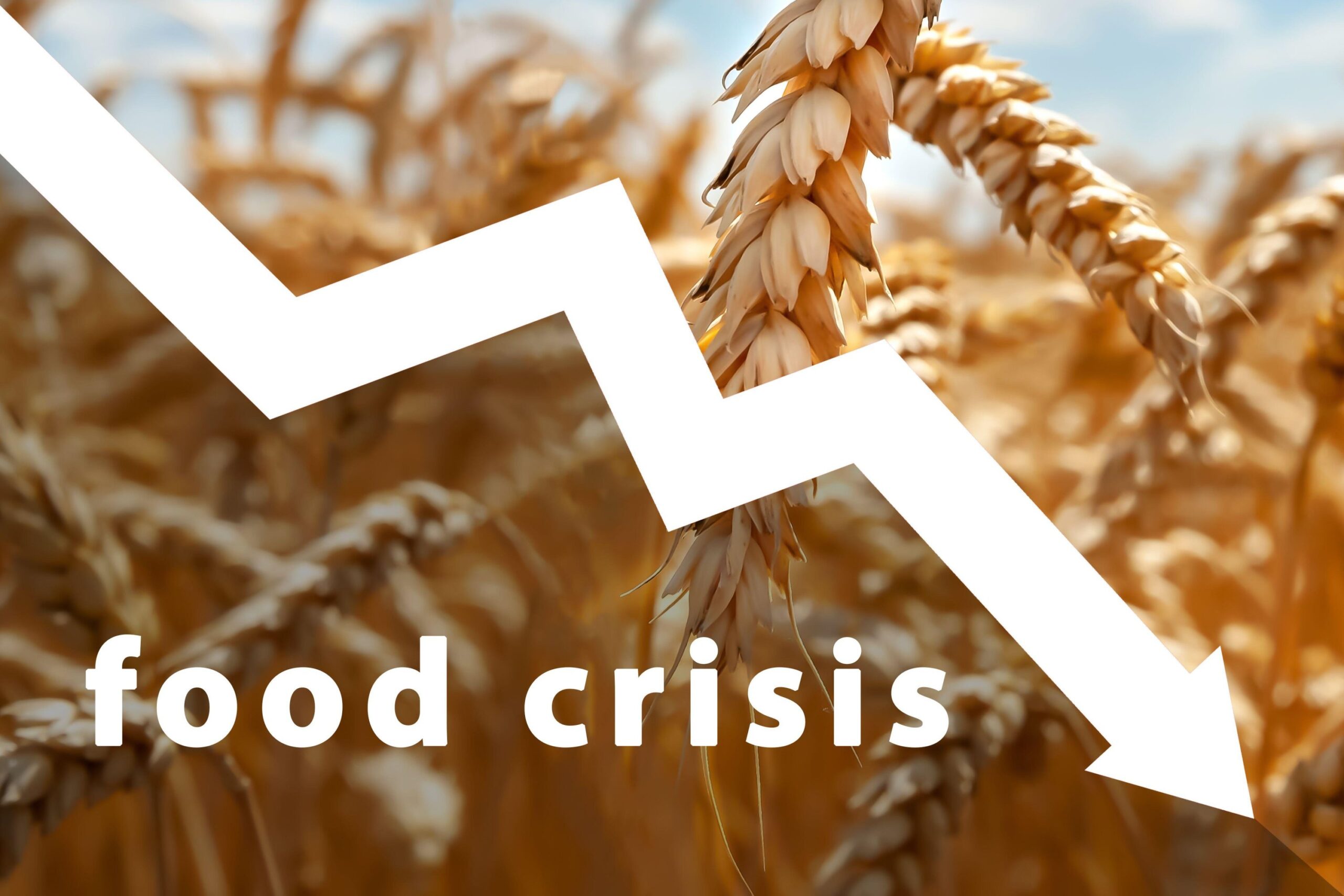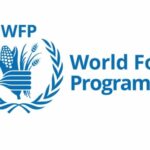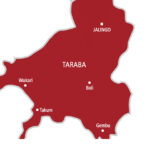A Professor of Crop Nutrition, Muftau Atayese, has called on Nigerians, particularly wealthy businessmen and women, to invest heavily in agriculture as is the case in oil and gas, and real estate sector to ensure food security, environmental sustainability and human health.
He expressed the confidence that if the high premium placed on establishing (fuel) filing stations across the nooks and crannies of the country by Nigerians could be channeled towards investing in agriculture, all the cries that “there is no rice,” “rice is expensive” and so on, by Nigerians would all disappear.
Atayese, a lecturer at the Federal University of Agriculture Abeokuta (FUNAAB), Ogun State, lamented that the paradigm shift in the values and virtues of Nigerians these days bordered on crave for quick money, saying it is the reason nobody wants to venture into farming which he termed a national disaster.
‘Better pay for journalists will curb fake news, misinformation’
7 lessons for young agribusiness entrepreneurs
While speaking with newsmen shortly after delivering the 83rd inaugural lecture of the FUNAAB, he said if a significant number of the Nigerian populace returned to the farm, food items would be cheaper through increased food production and there would also be enough to meet local demand and then surplus for export or reservation.
“The values and virtues of Nigerians these days are about quick money, they don’t want to struggle and this is a national disaster. That is the same thing that happens to our oil.
“We were not the only country that had oil as at the time oil was discovered, but because it was so easy going to the shores, bringing the oil out, that is the nature of our investments now. Nobody wants to go into agriculture because they feel it will take some time, energy and risks. But the fact is that it is easier than every other investment except that the gain does not come immediately unlike others.
“You can imagine the number of petrol stations we have across the country! But just merge three (3) dealers of petroleum products and ask them to go into a place like Yewa where they are planting rice.”
Delivering his lecture titled, “Securing The Producer: Crop Nutrition And Food Security,” he advocated for innovative strategies and transformative change in the realm of crop nutrition, warning that modern agricultural practices pose significant issues, including soil degradation, nutrient depletion and detrimental effects of chemical fertilisers on the environment.

 Join Daily Trust WhatsApp Community For Quick Access To News and Happenings Around You.
Join Daily Trust WhatsApp Community For Quick Access To News and Happenings Around You.


